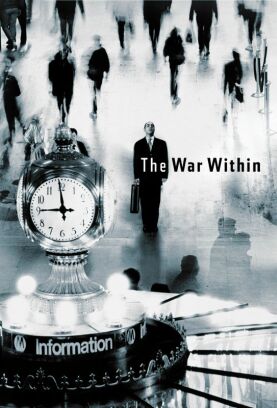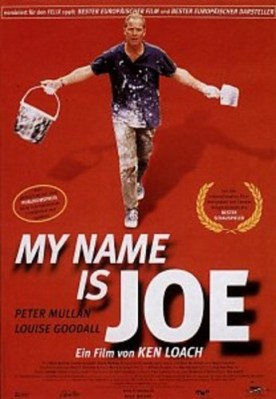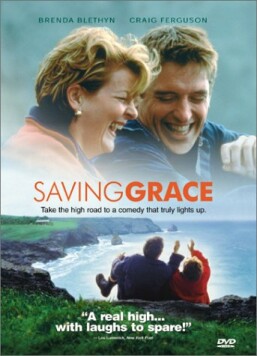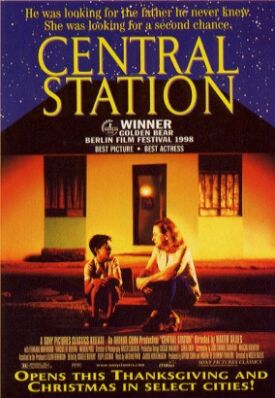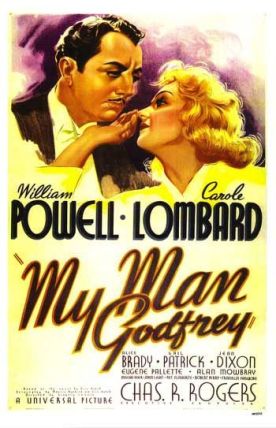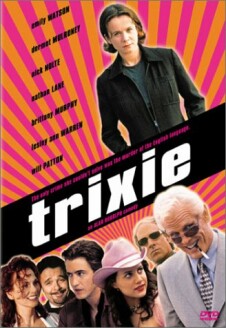War Within, The
Here’s the question which, if you’re going to make a film for a Western audience about jihadist suicide bombers, you really do have to answer. Why do they do it? That may sound just the tiniest bit categorical, but I don’t see any way around it. The behavior, from our point of view is so bizarre and horrifying — like the frequent claim from the bombers’ theorists and apologists that they “love death” as we in the West love life — and the nature of their grievance so obscure that you can’t just show them blowing themselves and others up without further explanation.So then, here’s how the makers of The War Within explain why that movie’s suicide bomber does it. Turns out he’s a mild-mannered and non-political, non-religious engineering student who one day, while minding his own business on the streets of Paris, is abducted by an American snatch squad, flown to Pakistan and tortured to within an inch of his life, all because his brother took part in an anti-American demonstration — in which, by the way, the brother was shot dead by Pakistani police.
Well, it’s easy to see how that would radicalize a fellow. But that’s just the trouble. It’s too easy. What we really want to see is how the ones who weren’t kidnaped and tortured by the Americans — like, say, Osama bin Laden, Mohammed Atta and Abu Musab al-Zarqawi — became radicalized. For even if the wicked Americans tortured assiduously day and night every innocent, non-political Muslim they could lay their hands on, they couldn’t begin to process enough jihadis to fill up the ranks of those who blow themselves up, or who actively sympathize with those who do. I’ll go way out on a limb here and say these guys must be coming from somewhere else besides American torture chambers. But this film hasn’t got a clue where. On the contrary, Joseph Castelo, who directed and co-wrote the screenplay with the film’s star, Ayad Akhtar, and Tom Glynn, is determined to put nearly all his motivational eggs in this one basket.
“You are Americans now,” writes the film’s hero, Hassan (Mr Akhtar), to his Pakistani-American hosts before going forth, as he thinks, to do his Samson routine in Grand Central Station. “Yet the life you love is born from the blood of your brothers throughout the world; your government takes actions of which you are unaware. But ignorance is not innocence.” Are these “actions” meant to include something more than snatching innocent Muslims off the streets and torturing them? If so, we are not told.
At one point, Hassan explains his hatred of America to Ali (Varun Sriram) the hero-worshiping young son of his American hosts, in terms of a parable. Suppose the neighbors came to your house one day and told you to get out of it and move to the back yard because they wanted it for themselves. Then suppose that they told you you had to move out of the back yard because they had found oil there. Wouldn’t you fight back? One can understand the standard academic model of “imperialism” behind this analogy, but it is less clear what imperialistic acts he is referring to. Britain in Pakistan? Israel in Palestine? But why, then, blow up Americans? And there is no oil in either place. Iraq is even more far-fetched. Who is having to move out there except Saddam Hussein and — as everyone now agrees — the Americans themselves as soon as possible, if not sooner?
It’s natural enough, I suppose, to show a suicide bomber who is a little hazy in his thinking, but then you would expect a bit of detachment on the part of the film-makers, a somewhat critical view of a killer so misguided. Not here. Hassan is the film’s hero, and if the film-makers stop just short of advocating suicide bombing themselves, they regard the bomber with almost perfect sympathy. This is a pity because we want to like him too. For all the movie’s conceptual flaws, its characters — including not only Hassan and Ali but Ali’s father, Sayeed (Firdous Bamji), mother, Farida (Sarita Choudhury) and Aunt Duri (Nandana Sen) — are so attractive and engaging that they are almost enough to save it. Like Sayeed, we want Hassan to marry Duri, as the two are obviously powerfully attracted to each other, and become part of the family. Even when Hassan spurns Duri from him, ostensibly on the grounds that “I can’t be with you because you have been with other men,” it seems more tragic than cold-hearted — and potentially as a part of the much larger tragedy involved when a traditional culture finds itself surrounded by the terrifying freedoms, social and sexual, of America.
But the film has no real interest in that subject, and in the end comes off as little more than a bit of crude anti-American propaganda. It’s a matter for much regret as in so many ways — not only the fine performances of the actors but the visually impressive camera work of the director of photography, Lisa Rinzler — it promises so much more.
Discover more from James Bowman
Subscribe to get the latest posts to your email.

